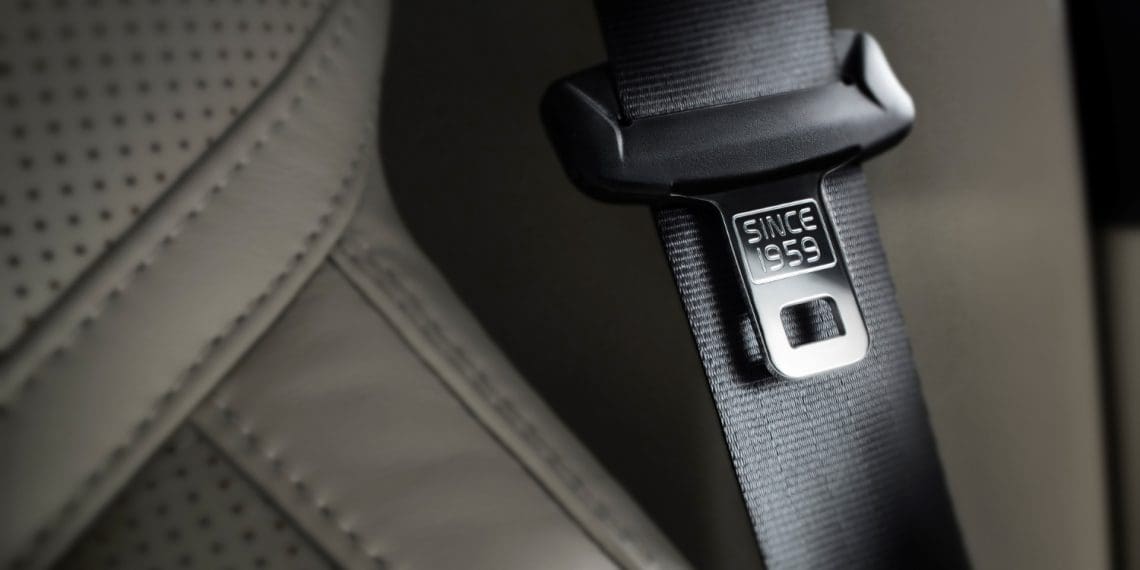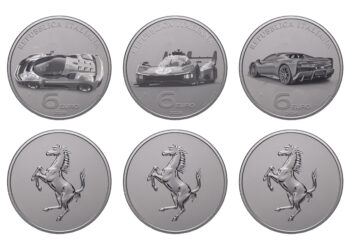It was on August 13, 1959, 65 years ago, that Volvo Cars delivered the first car equipped with a 3-point seat belt, an innovation from the Swedish brand created by Nils Bohlin, a safety engineer at Volvo, which initially generated a lot of controversy but was quickly adopted by all other brands.
This was an important step in improving road safety. But its success was not immediate. In fact, many people, including even journalists in the field, considered the seat belt to be an obstacle to individual freedom – it was tight and uncomfortable to use.
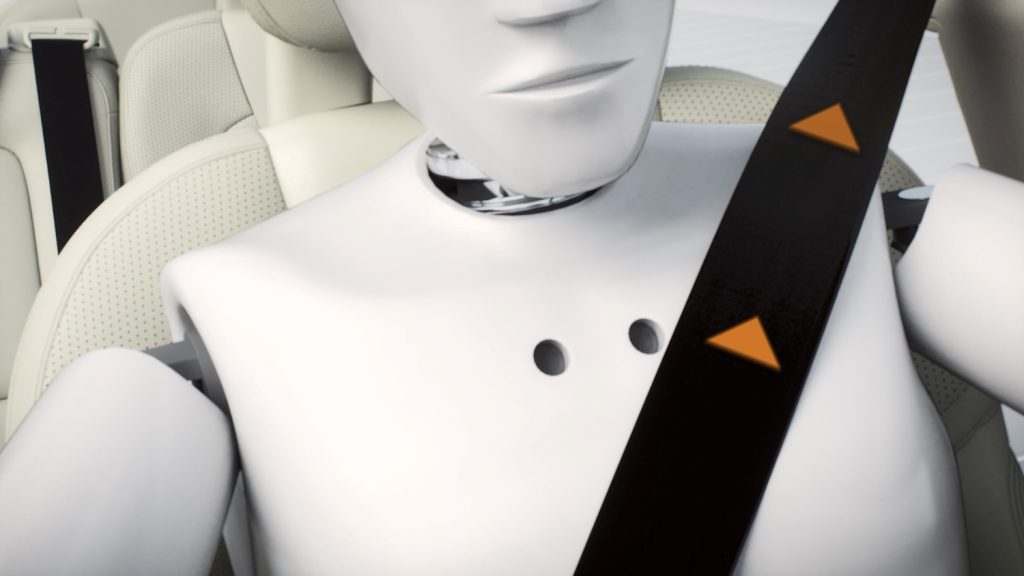
It would take a few more years for most drivers and the rest of the automotive industry to be convinced that its use was indeed mandatory and life-saving.
The model was a Volvo PV544 and the delivery was made at a Volvo dealership in the Swedish town of Kristianstad, with Volvo becoming the world’s first car manufacturer to equip its cars as standard with 3-point seat belts in the front seats.
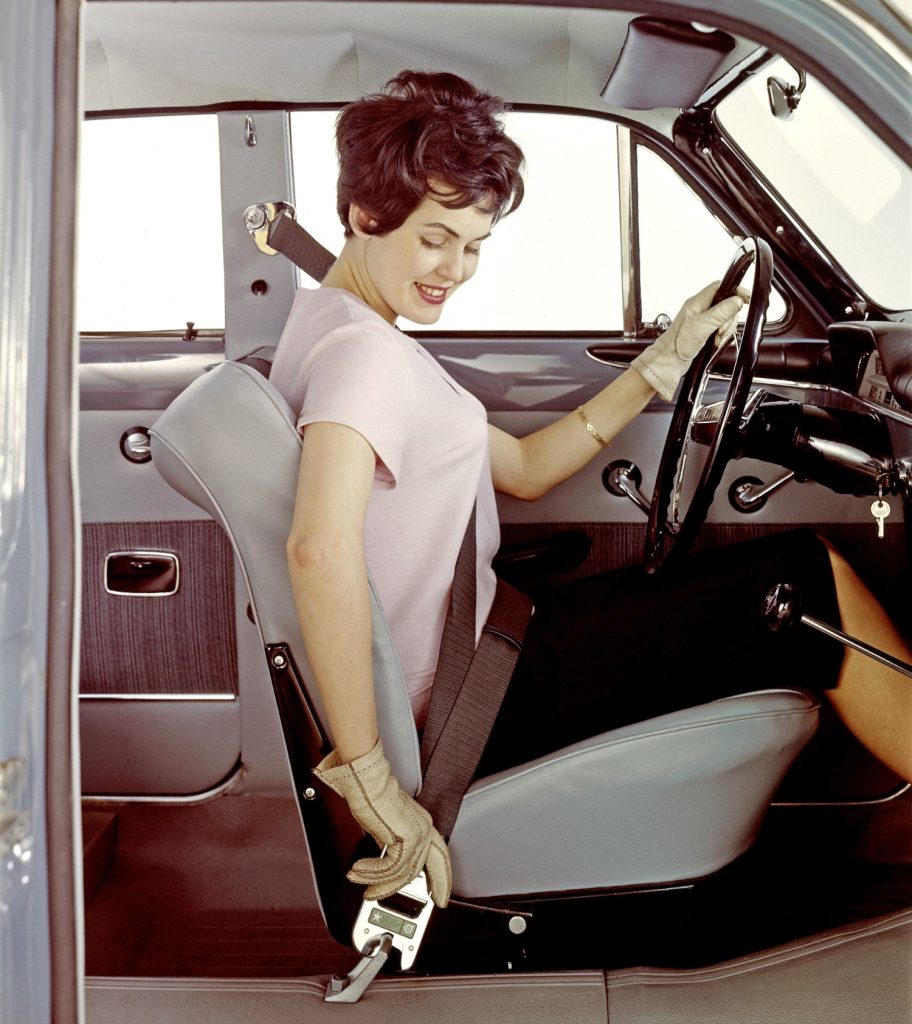
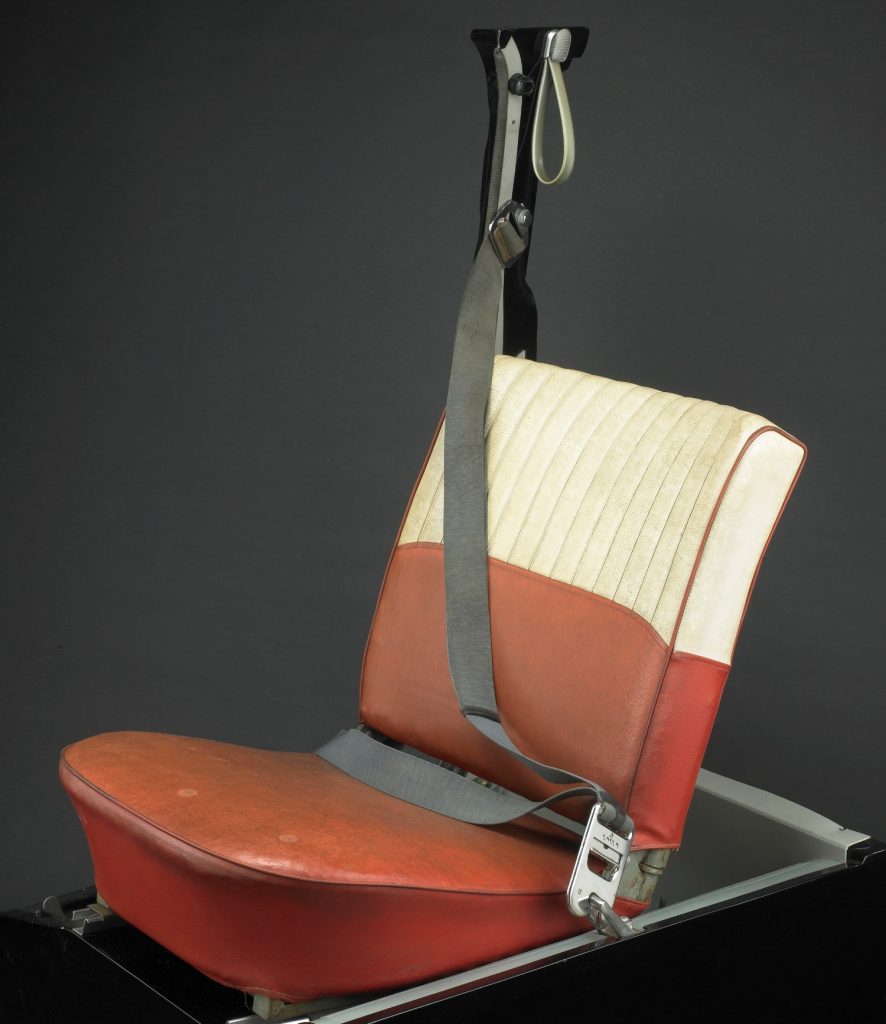
In the Nordic market, in addition to the PV544, the P120 (Amazon) also received this added value in terms of safety.
Volvo made a point of patenting the innovation and leaving it open, that is, it was fully available for automotive brands that wanted to use it. All drivers could thus benefit from Volvo’s safety technology, regardless of the brand they were driving.
Later, in 1963, Volvo introduced the seat belt to the American and other markets. However, before the launch, Volvo conducted a series of tests on vehicles equipped with different types of seat belts.
The results could not have been clearer: Volvo’s new seat belt was by far the one that provided the best protection for passengers.
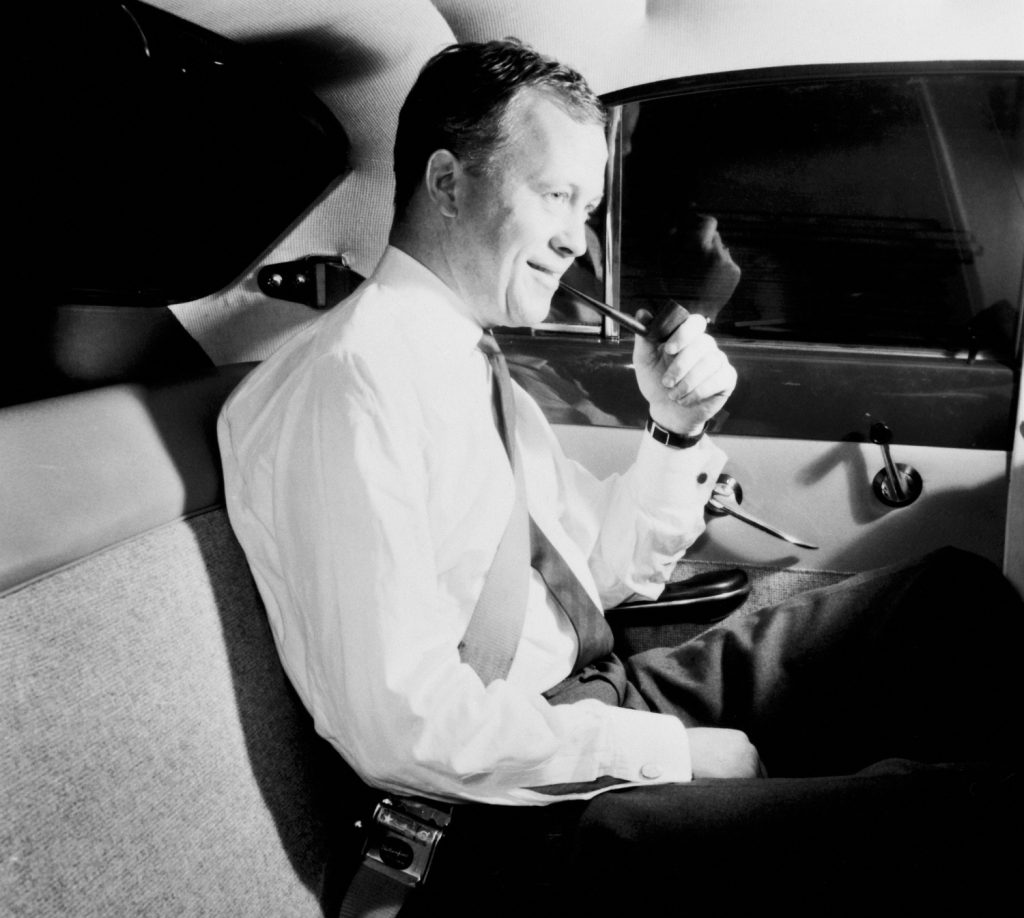
In 1967, the Swedish brand presented the “28,000 Accident Report” study at a road safety conference in the USA. This report had been built based on data collected in Sweden regarding all collisions involving Volvo vehicles in the previous year.
Here too, the results were evident, and the study clearly indicated that the use of seat belts saved lives and reduced the severity of injuries by 50%-60%.

